Focus
Your Present Location: HOME> Focus-
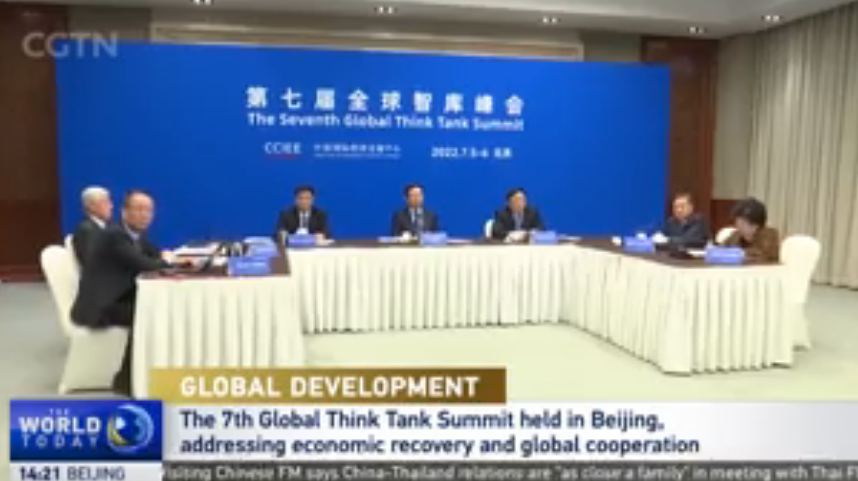
Kevin Rudd: Global Development: The 7th Global Think Tank Summit held in Beijing, addressing economic recovery and global cooperation
2022-07-08 -
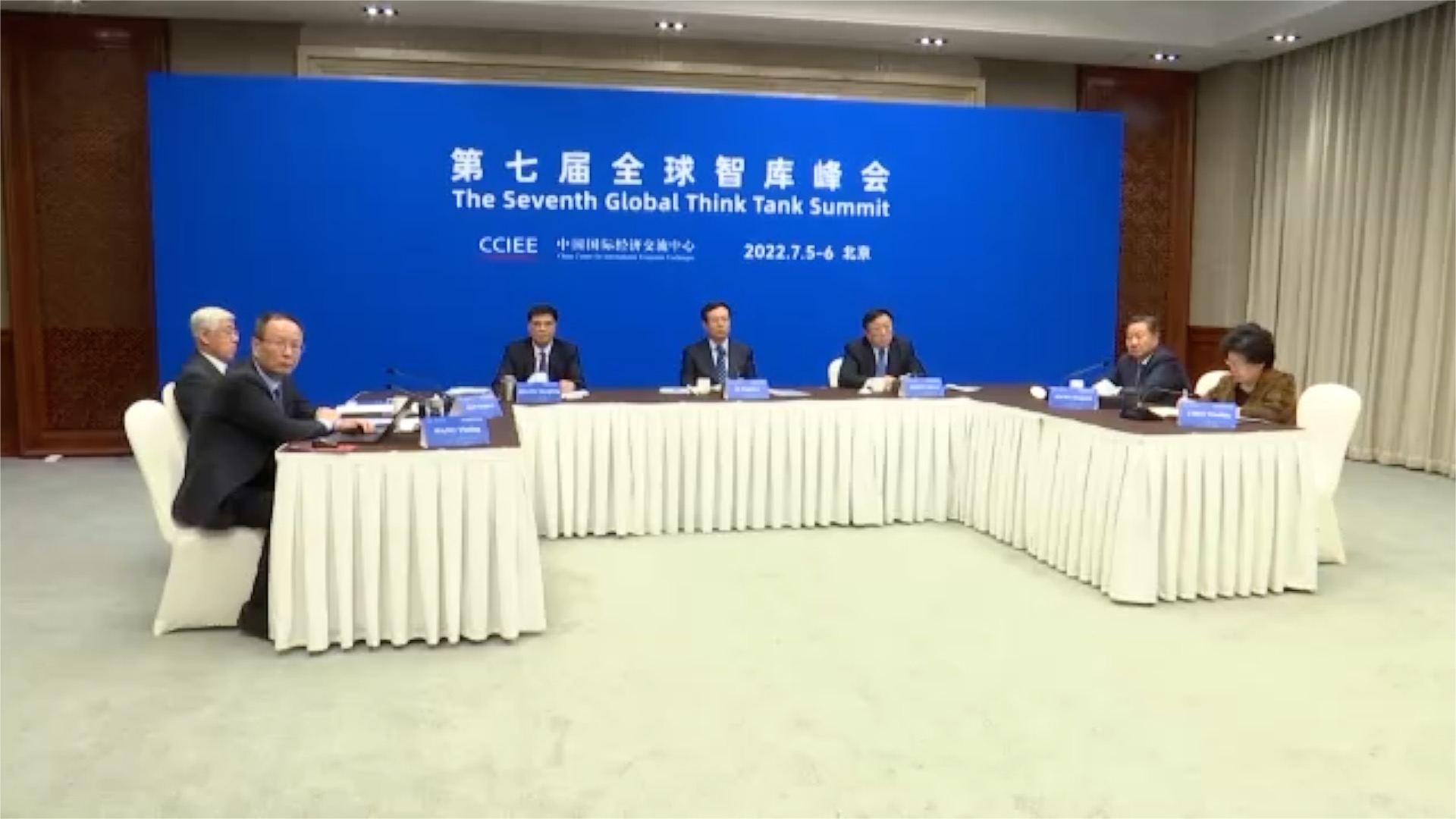
Kevin Rudd: International cooperation key to global development
2022-07-08 -
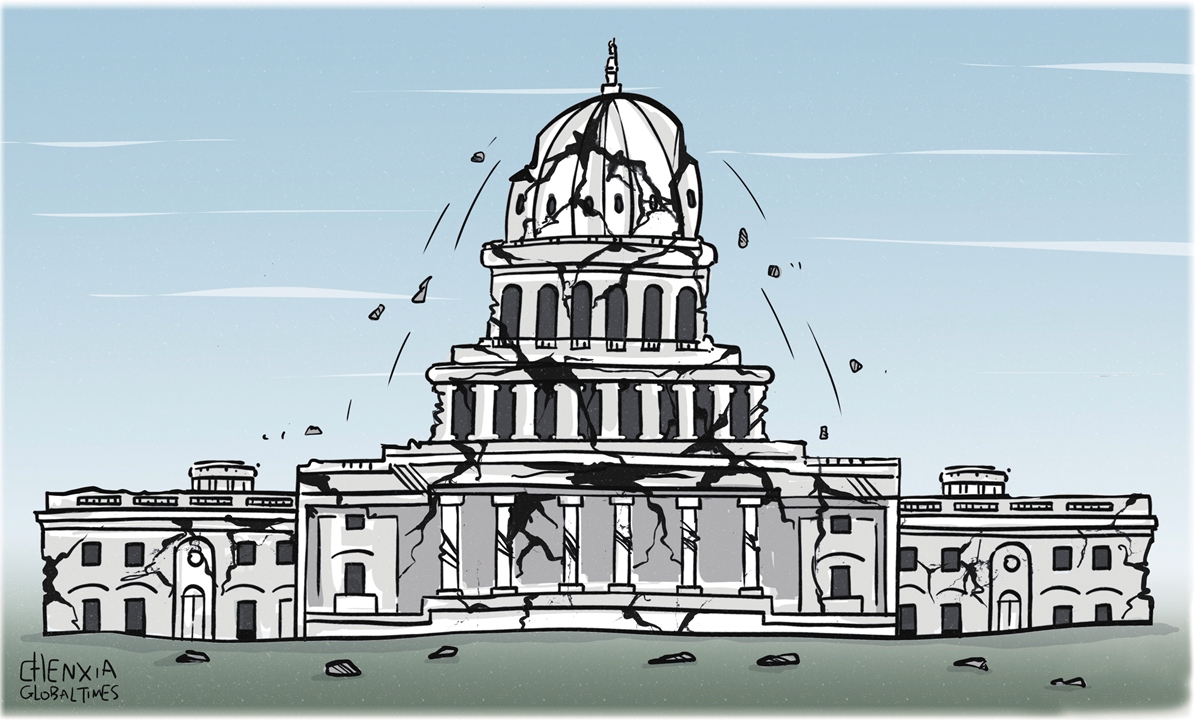
Ding Gang: US is moving from being small government to anti-government
2022-07-07 -
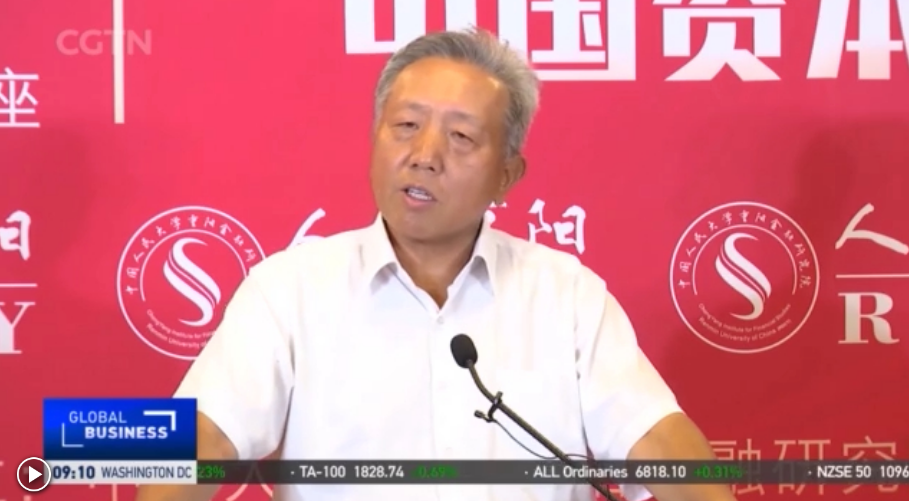
Wu Xiaoqiu: China Capital Market: Expert says market aiming to become global financial center
2022-07-07 -
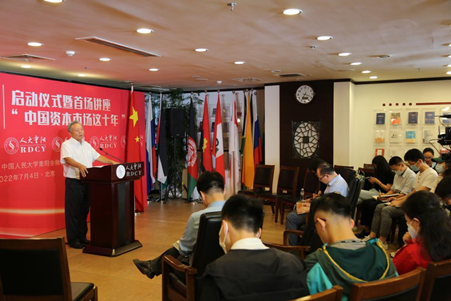
Telling the world about “China in the Past Decade”, the first round of Chinese think tank lectures was officially launched
2022-07-06 -
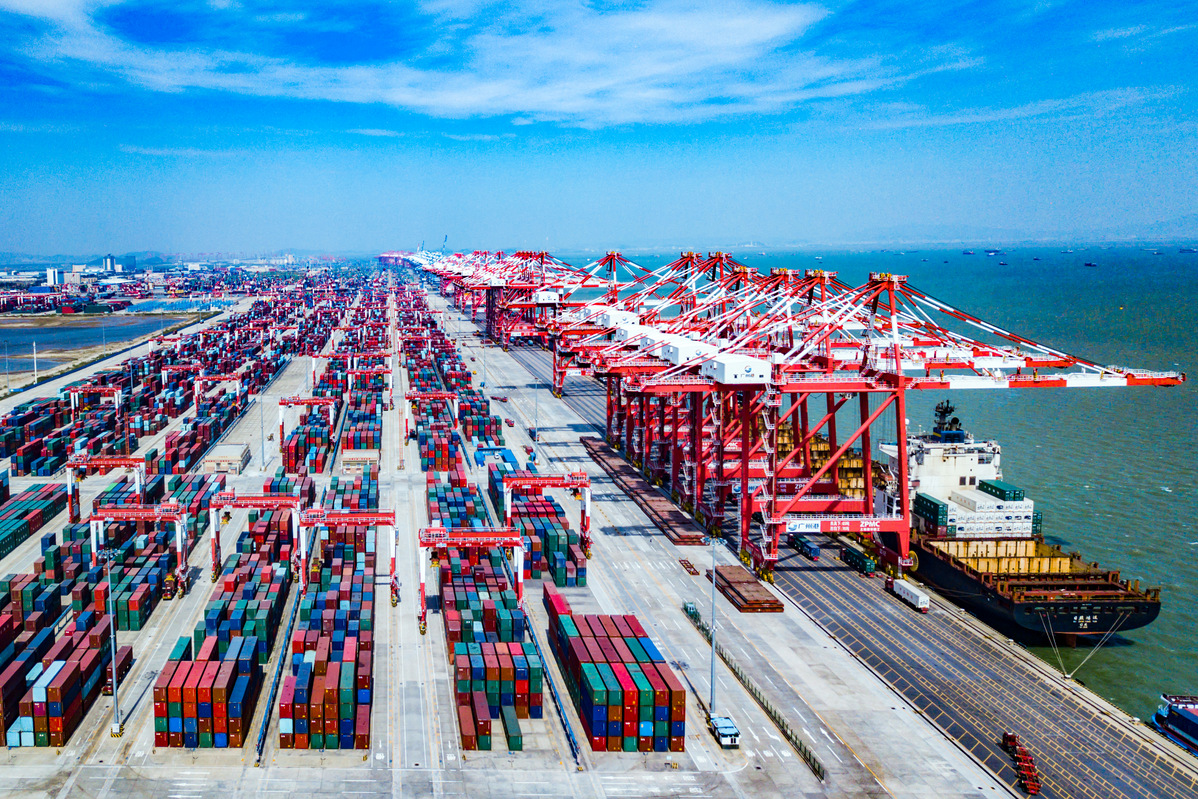
Liu Ying: Foreign trade set to post stable growth this year
2022-07-06 -
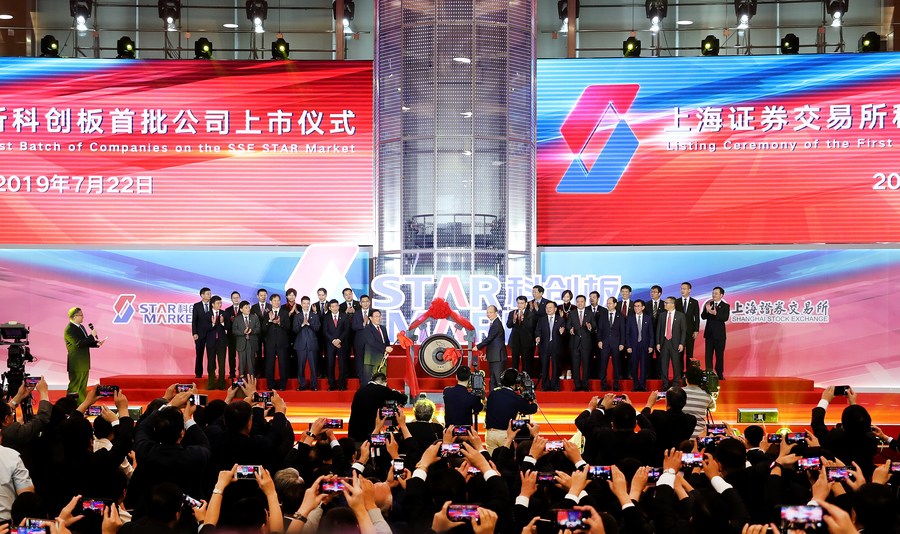
Wu Xiaoqiu: A decade of transformation turns China's financial market into larger global presence
2022-07-06 -
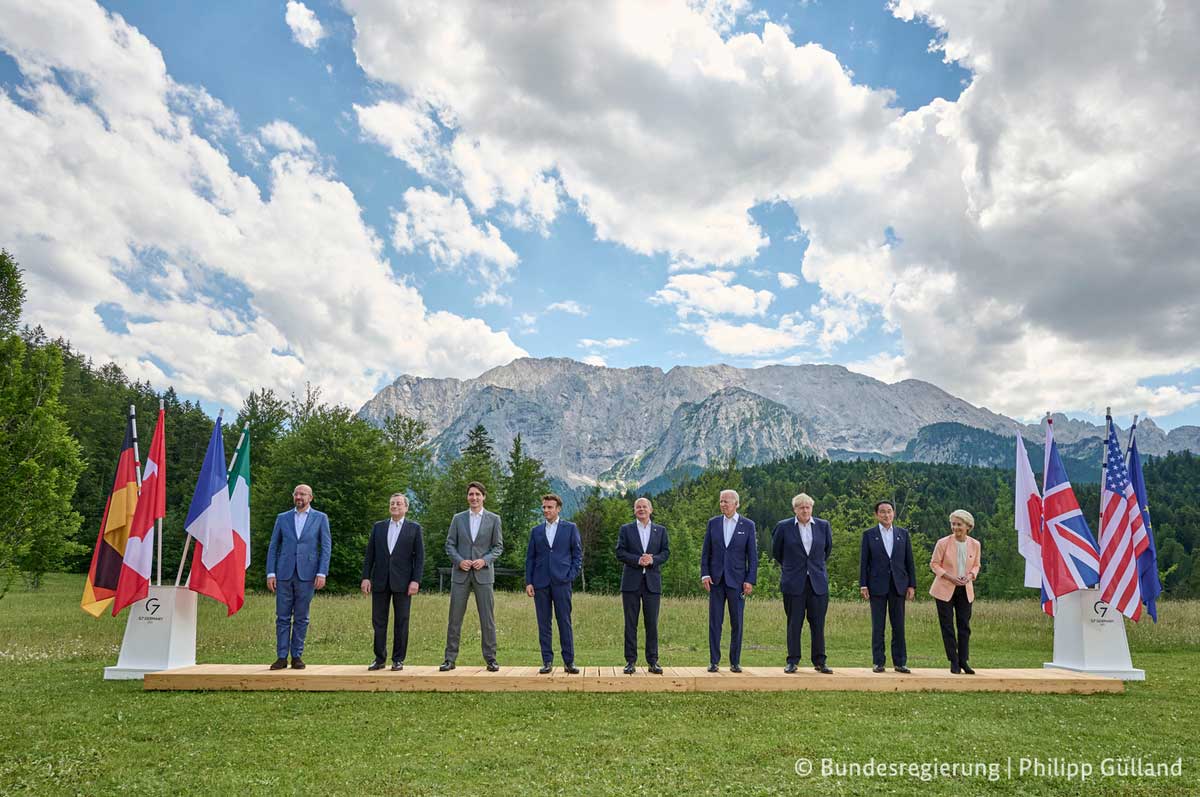
Zamir Ahmed Awan: G7's $600 Billion projects, no threat to Chinese BRI
2022-07-04 -
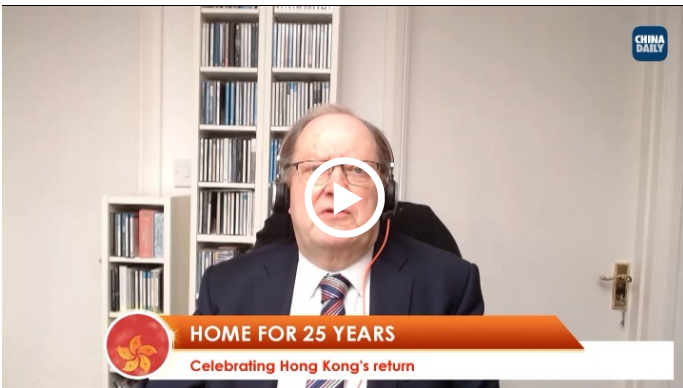
John Ross: Expert hails Hong Kong's future integrated in GBA blueprint
2022-07-01 -
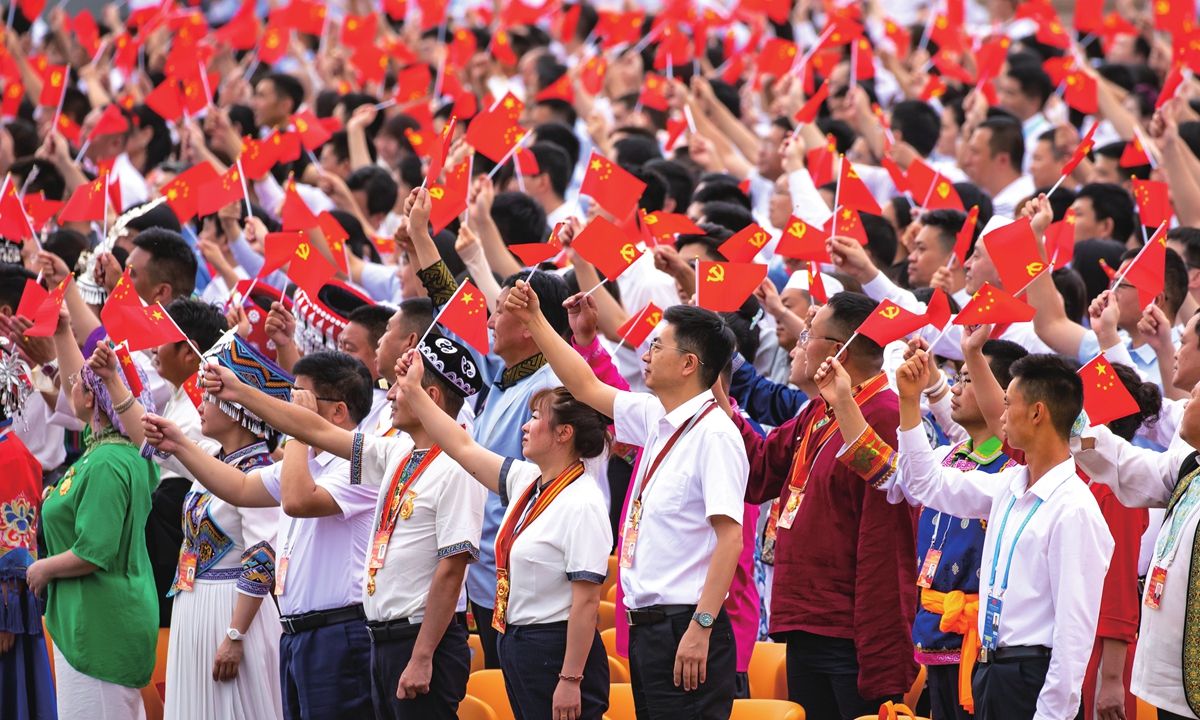
Voyage to success: CPC's role in leading China's way
2022-07-01 -
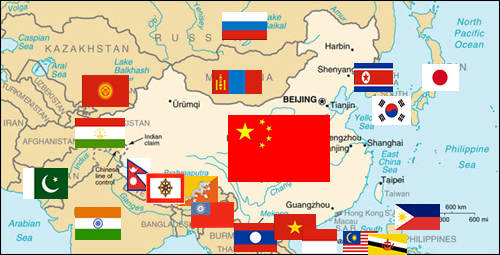
Zhao Minghao: What's Afoot in Chinese Peripheral Diplomacy?
2022-07-01 -
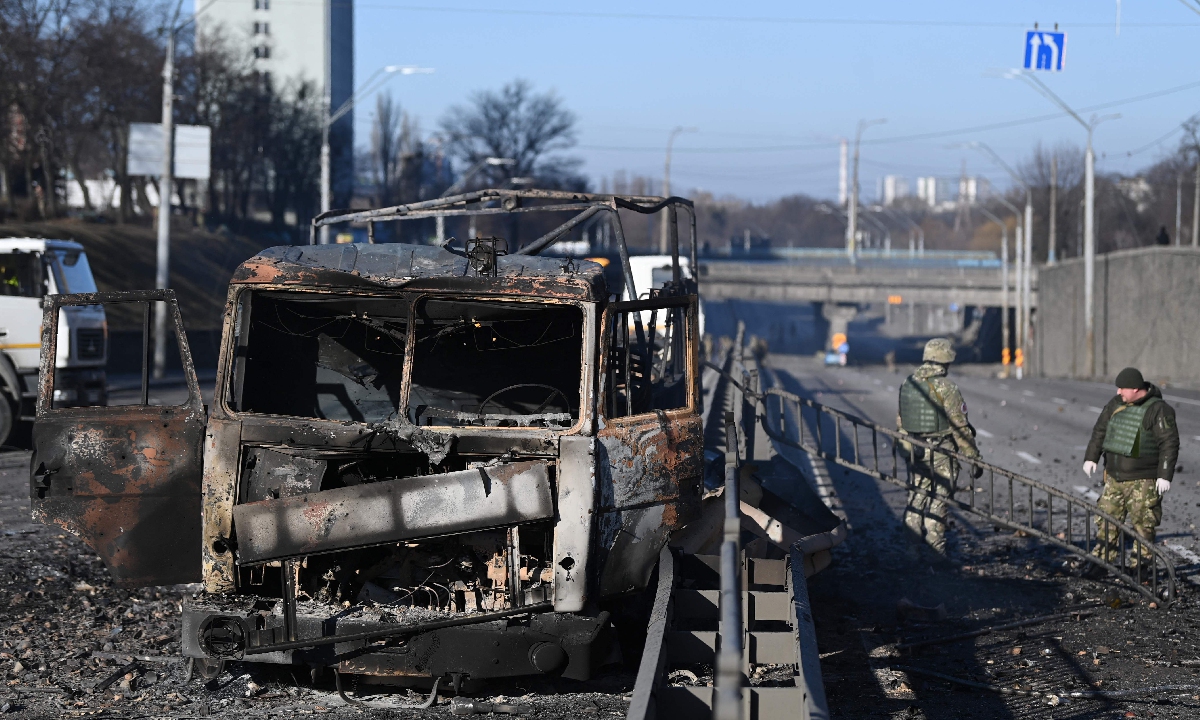
Ding Gang: EU's 'moral support' for Ukraine masks a country beset by problems
2022-07-01 -
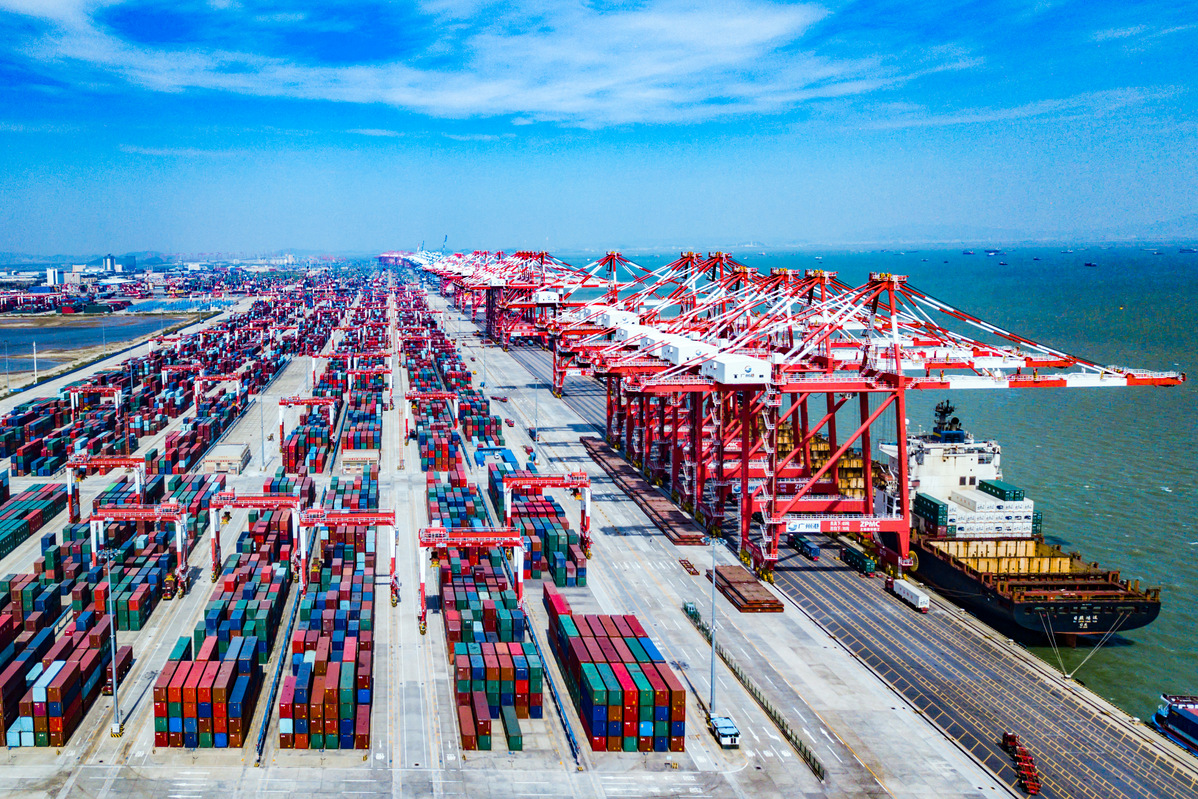
LiuYing: Stable growth of foreign trade expected
2022-07-01 -

Dong Shaopeng: Nanchang O-Film is removed from US government’entity list
2022-06-30 -

Dong Shaopeng: Officials are upbeat with China’s economic performance, as economic data points to quicker recovery
2022-06-29 -
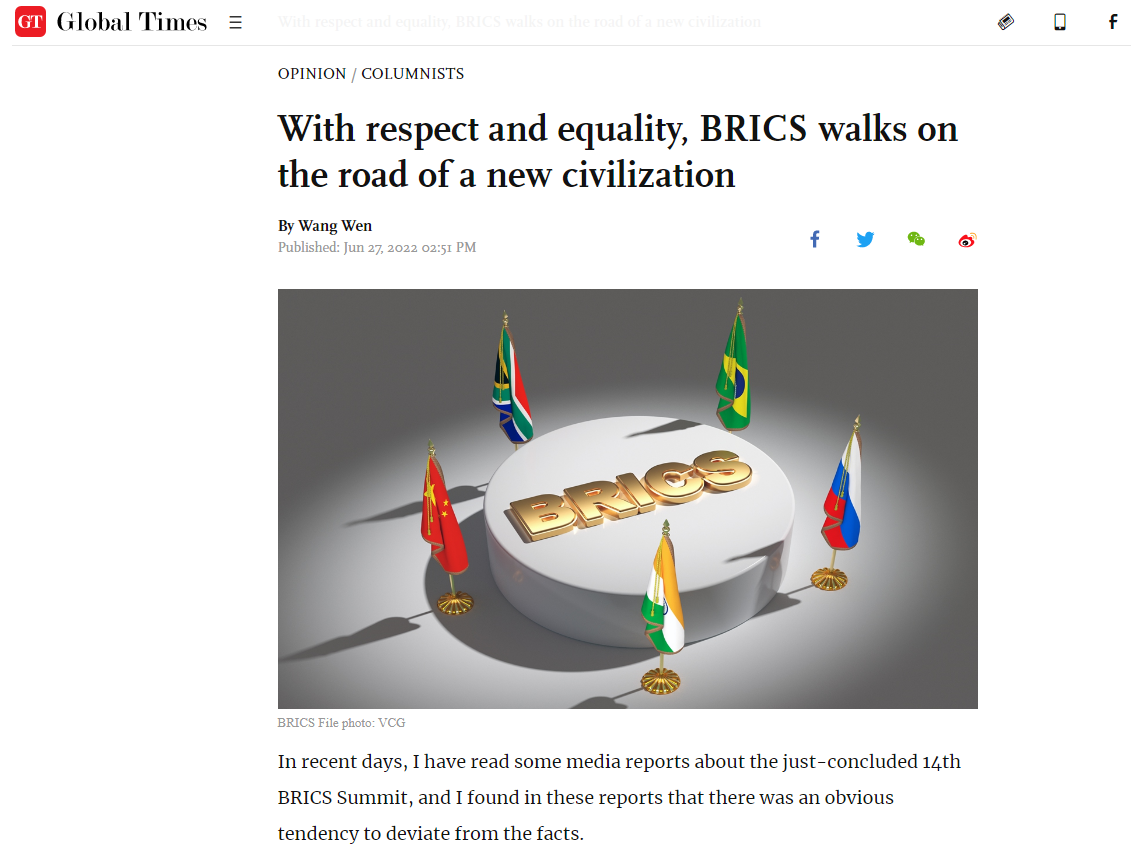
Wang Wen: With respect and equality, BRICS walks on the road of a new civilization
2022-06-28 -
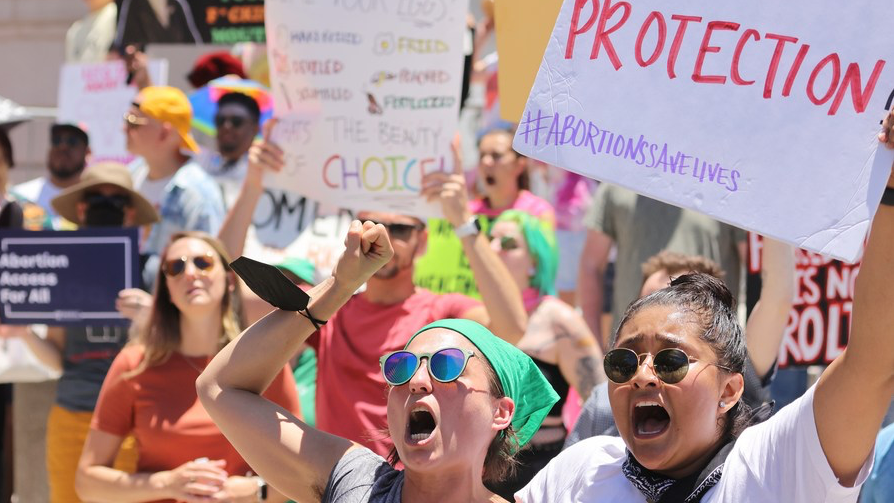
William Jones: Reversing Roe portends more uncertainty in U.S. political landscape
2022-06-28 -

Vijay Prashad: Architecture of our future
2022-06-28 -
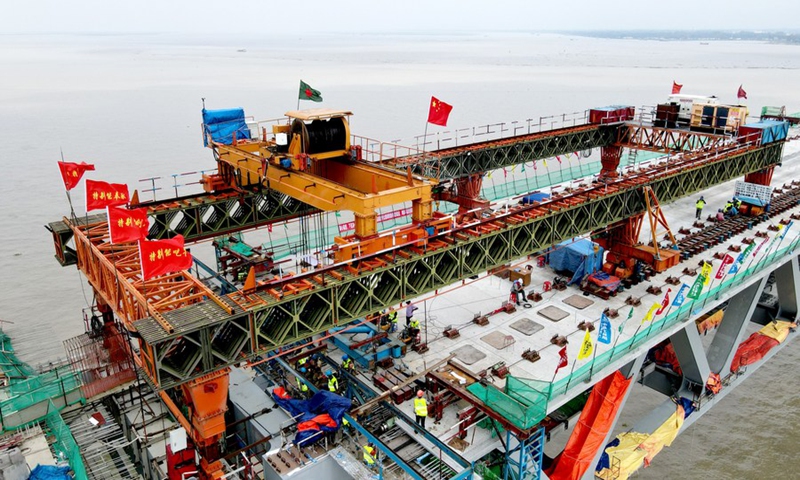
Zhou Rong: Chinese-built biggest bridge in Bangladesh opens, to boost local GDP growth
2022-06-27 -
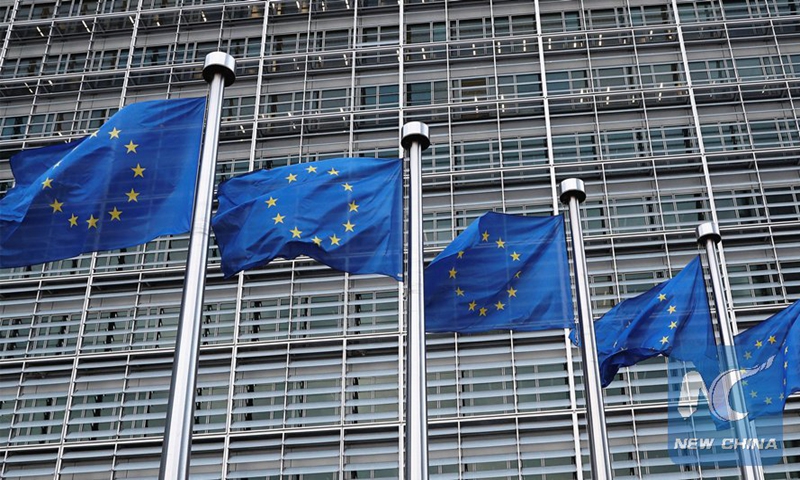
Wang Yiwei: EU grants Ukraine candidate status in show of solidarity, as US rallies allies to target adversaries
2022-06-27
(共3588条)
























































































 京公网安备 11010802037854号
京公网安备 11010802037854号





